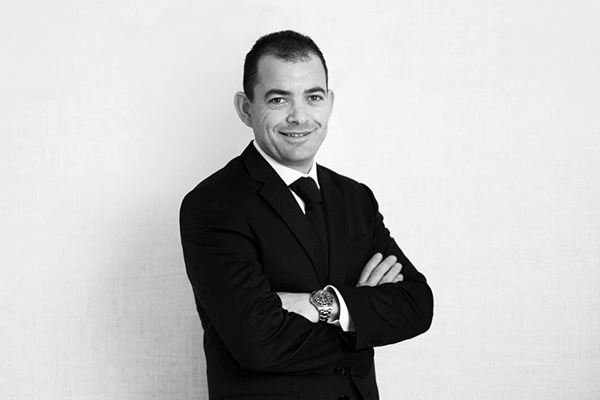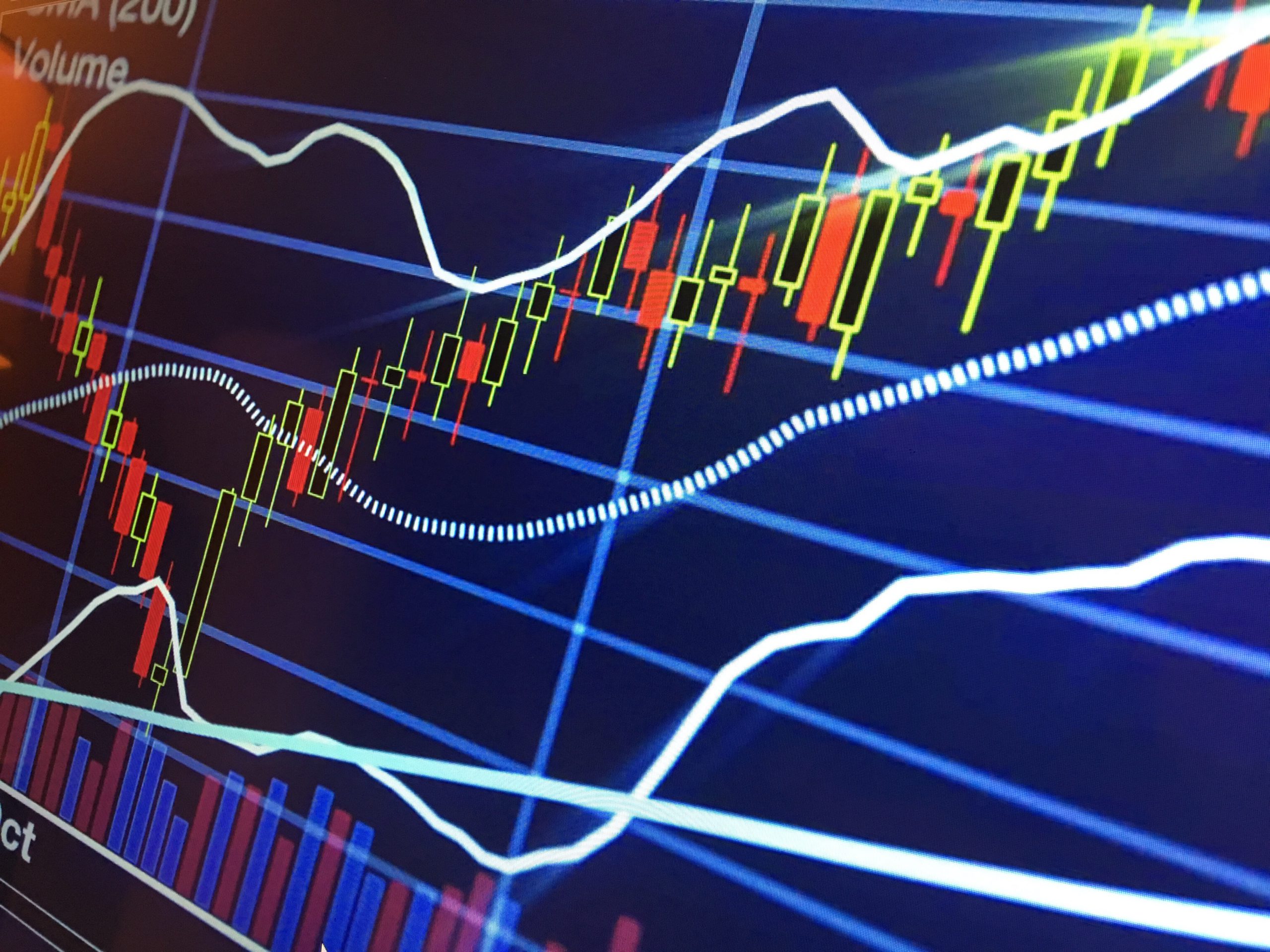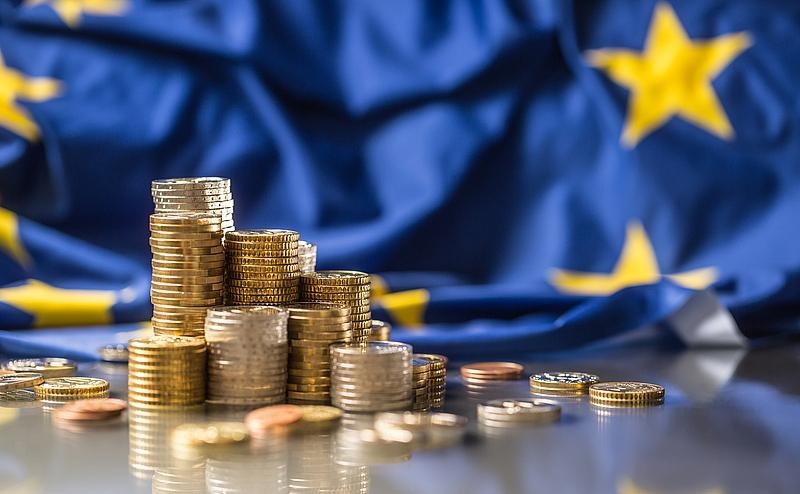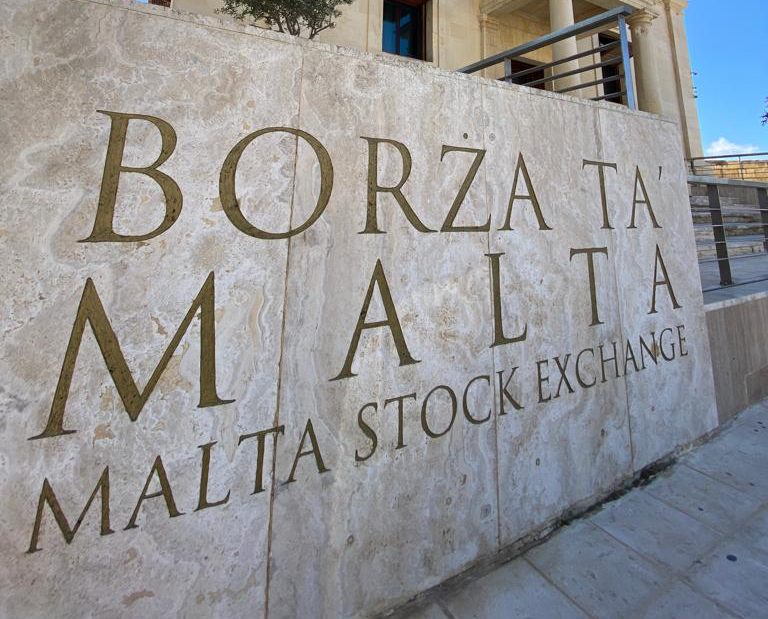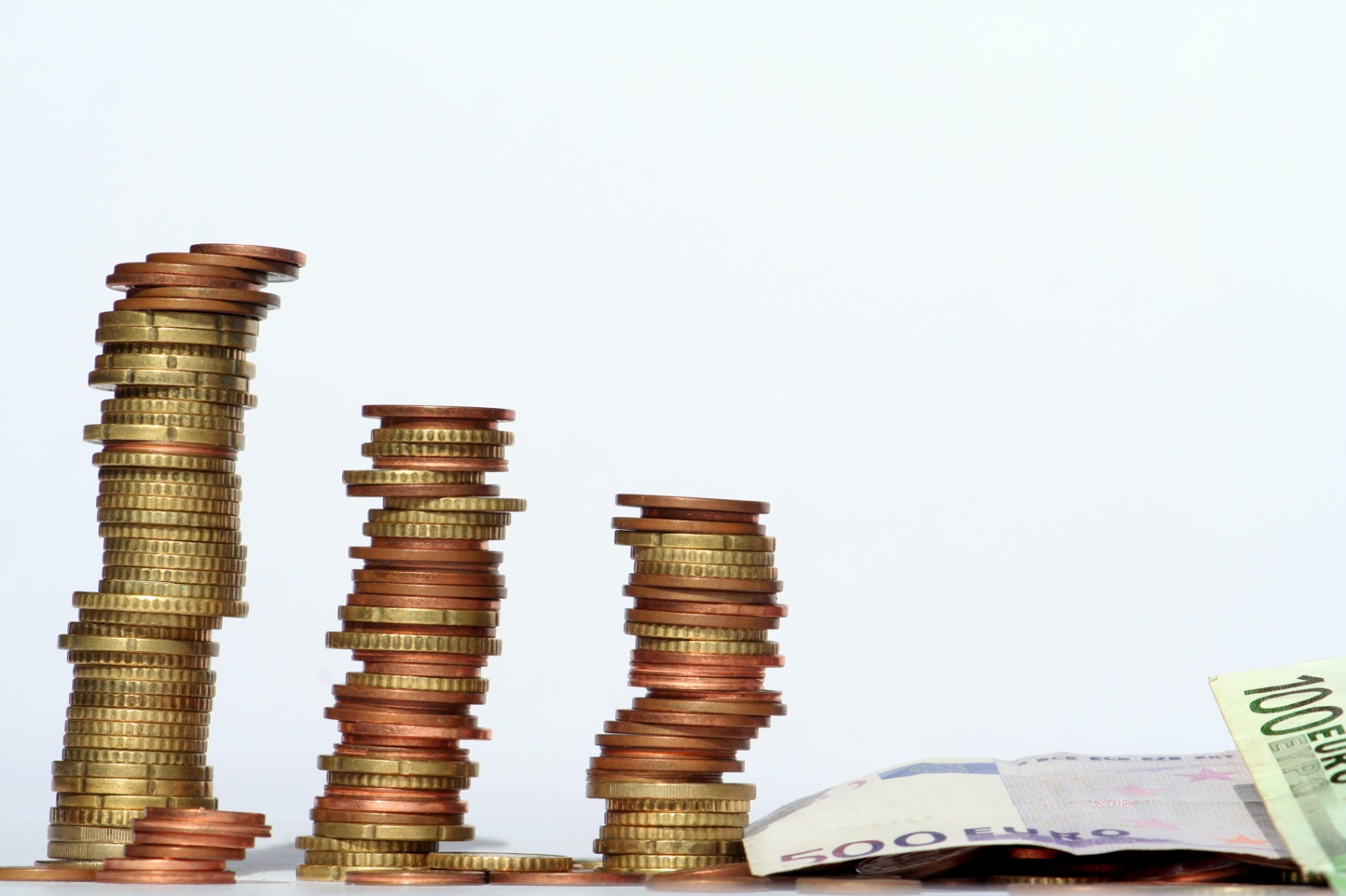International equities are in the midst of a bull market with the main indices in the US and Europe reaching new all-time highs. Since the low of 3,577.03 points on 12th October 2022, the S&P 500 index in the US has rallied by almost 45 per cent in the process surpassing the previous all-time high of 4,796.56 points on 3rd January 2022.
The stellar returns generated by a handful of companies led a prominent US investment bank to describe them as the ‘Magnificent Seven’. The companies forming the Magnificent Seven are Alphabet, Amazon, Apple, Meta Platforms (Facebook), Microsoft, Nvidia and Tesla. These companies accounted for the large majority of the overall gains of the S&P500 last year.
The semi-conductor company Nvidia has undoubtedly produced the most spectacular returns over recent years having gained 239 per cent in 2023 and a further 80 per cent in 2024 placing it as the third largest company on the US stock market behind Microsoft and Apple. Nvidia is undoubtedly one of the main beneficiaries of the AI revolution due to its production of the world’s best high-powered processing chips. The company is estimated to control about 80 per cent of the high-end AI chip market with its customers including Microsoft, Meta and Amazon. A few weeks ago, Nvidia published its quarterly financial statements showing spectacular growth once again. During the past twelve months, total revenue doubled to almost USD61 billion and its profits jumped to over USD30 billion. At a recent conference the company’s founder and CEO stated that “This is the beginning of a new industrial revolution. This is about the production, not of energy, not of food, but of intelligence. And every country needs to own the production of their own intelligence.”
During the first few weeks of 2024, apart from Nvidia, there are another three companies (Meta Platforms, Microsoft and Amazon) that collectively have been responsible for more than half the S&P 500’s total return. On the other hand, Tesla and Apple rank as the underperformers in recent weeks with Tesla as the worst performer in the entire S&P 500 in 2024 amid concerns of weakening margins and increased competition. In fact, there are some commentators who are now referring to the more restricted group of US stocks as the ‘Fab 4’.
Meanwhile, in Europe, another investment bank created the acronym ‘Granolas’ encompassing 11 companies across Europe with distinct characteristics including solid earnings growth, high and stable margins, sustainable dividends as well as strong balance sheets. These companies are ASML, AstraZeneca, GlaxoSmithKline, LVMH, L’Oréal, Nestlé, Novartis, Novo Nordisk, Roche Holding, SAP and Sanofi.
With a combined market cap exceeding €2.6 trillion, these 11 companies represent circa 25 per cent of the market cap of the STOXX Europe 600 benchmark index and accounted for 60 per cent of the gains registered in 2023.
There are six pharmaceutical companies within the group (namely AstraZeneca, GSK, Novo Nordisk, Novartis, Roche and Sanofi), two technology companies (ASML and SAP), two consumer discretionary companies (LVMH and L’Oréal) and Nestlé which falls within the consumer staples sector.
In the midst of the euphoria surrounding artificial intelligence, it should not be surprising that the Dutch-based company ASML attracted a lot of investor and media attention in recent months. ASML is a global supplier of semiconductor production equipment which plays a critical role in the growth of AI. The company’s market cap surpassed €300 billion placing this as the third largest among the ‘granolas’.
However, the Danish pharmaceutical company Novo Nordisk is probably one of the major surprises over recent months as it become the largest company in Europe with a market cap of almost €550 billion (larger than the size of the Danish economy) surpassing LVMH in Europe and Visa and Tesla in the US. The share price of Novo Nordisk rallied following a surge in demand for its weight-management and diabetes drugs.
Although these 11 companies form an important weighting in the STOXX Europe 600 benchmark index, they are not overly dependent on the eurozone economy with less than 20 per cent of their revenues coming from Europe. These companies have a global footprint with good profit margins and high barriers to entry. The investment bank that coined the acronym ‘granolas’ described them as a group of “internationally exposed quality growth compounders”. Naturally, their performance is influenced by global market dynamics including currency movements, tariffs and geopolitical developments with China given the exposure of LVMH, L’Oreal and ASML to the Chinese economy.
It may be a surprise to many that over the past few years, the Granolas have performed very much in line with the Magnificent Seven. Obtaining exposure to both sets of companies can be easily achieved through a variety of Exchange Traded Funds managed by the largest asset management companies around the world. It would be unwise to assume that both the Magnificent Seven and the Granolas would continue to produce such stellar returns also in future years. However, these companies are dominant players in their respective sectors and should continue to produce robust shareholders returns.
Read more of Mr Rizzo’s insights at Rizzo Farrugia (Stockbrokers).
The article contains public information only and is published solely for informational purposes. It should not be construed as a solicitation or an offer to buy or sell any securities or related financial instruments. No representation or warranty, either expressed or implied, is provided in relation to the accuracy, completeness or reliability of the information contained herein, nor is it intended to be a complete statement or summary of the securities, markets or developments referred to in this article. Rizzo, Farrugia & Co. (Stockbrokers) Ltd (“Rizzo Farrugia”) is under no obligation to update or keep current the information contained herein. Since the buying and selling of securities by any person is dependent on that person’s financial situation and an assessment of the suitability and appropriateness of the proposed transaction, no person should act upon any recommendation in this article without first obtaining investment advice. Rizzo Farrugia, its directors, the author of this article, other employees or clients may have or have had interests in the securities referred to herein and may at any time make purchases and/or sales in them as principal or agent. Furthermore, Rizzo Farrugia may have or have had a relationship with or may provide or has provided other services of a corporate nature to companies herein mentioned. Stock markets are volatile and subject to fluctuations which cannot be reasonably foreseen. Past performance is not necessarily indicative of future results. Foreign currency rates of exchange may adversely affect the value, price or income of any security mentioned in this article. Neither Rizzo Farrugia, nor any of its directors or employees accepts any liability for any loss or damage arising out of the use of all or any part of this article.
Reinventing the single market: Strategic vision and bold reforms for Malta and Europe
Proposed reforms present significant opportunities and formidable challenges for our small island nation
The equity market in pre-COVID times
Investor sentiment has evidently failed to recover from the series of shocks since the start of 2020
Interest rate divergence ahead?
Inflation is falling faster than forecast in Europe, while exceeding expectations in the US


